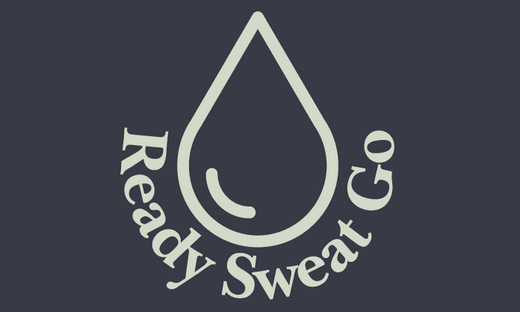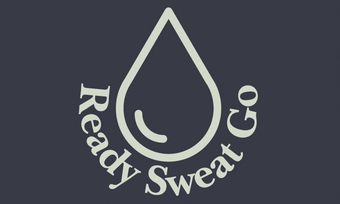The following tips come from the Mental Health Awareness Week website, and you might find something that is useful for you:
Find moments for movement throughout the day during small pockets of waiting time (e.g., while the kettle boils, waiting for the bus, etc.)
I'm finding stretching really helpful at the moment for my health, so I often find myself stretching my calves when waiting for the kettle or microwave.
Set small, achievable goals for movement and track your progress in a journal
If you have a fitness watch or app, you'll know how easy you get caught up in beating yesterday's performance and setting new Personal Bests.
Take regular breaks from sitting for long periods by standing up, walking around, and stretching
If you're sitting at a desk, taking some time to stretch your legs, rest your eyes, and refresh your brain is helpful for your work, and you'll feel the benefit, too. As I write this, the weather in Glasgow has been pretty nice for a couple of days, and it's been a pleasure to take a stroll during the day.
Find movement activities that you enjoy and are fun, such as playing games or trying new activities
If you have a child(ren) or pet(s), there's no shortage of ways to be active in a fun and interesting way, but anything that puts a spring in your step will do. Even children "allergic" to sunlight and socialising might find themselves enticed by a family dance or movement game on a computer system or around a phone. If your kids are entranced by technology, try to use that to help them and you move.
Connect with others by engaging in movement activities with friends, family, or joining groups/clubs
If you're a regular reader, you'll know I'm doing the Coast To Coast 100 mile event with some friends, and training with them is a great way to be active, push myself further and have some fun (ahem) in my spare time
Some things to bear in mind include:
- Don't compare yourself to others; focus on your own pace and abilities.
- Be mindful and present during movement, noticing how your body feels.
- Move in nature, such as going for walks in parks, gardens, or the countryside.
You don't need to run miles to make a difference in your life; as with all journeys, movement starts with a single step!




















